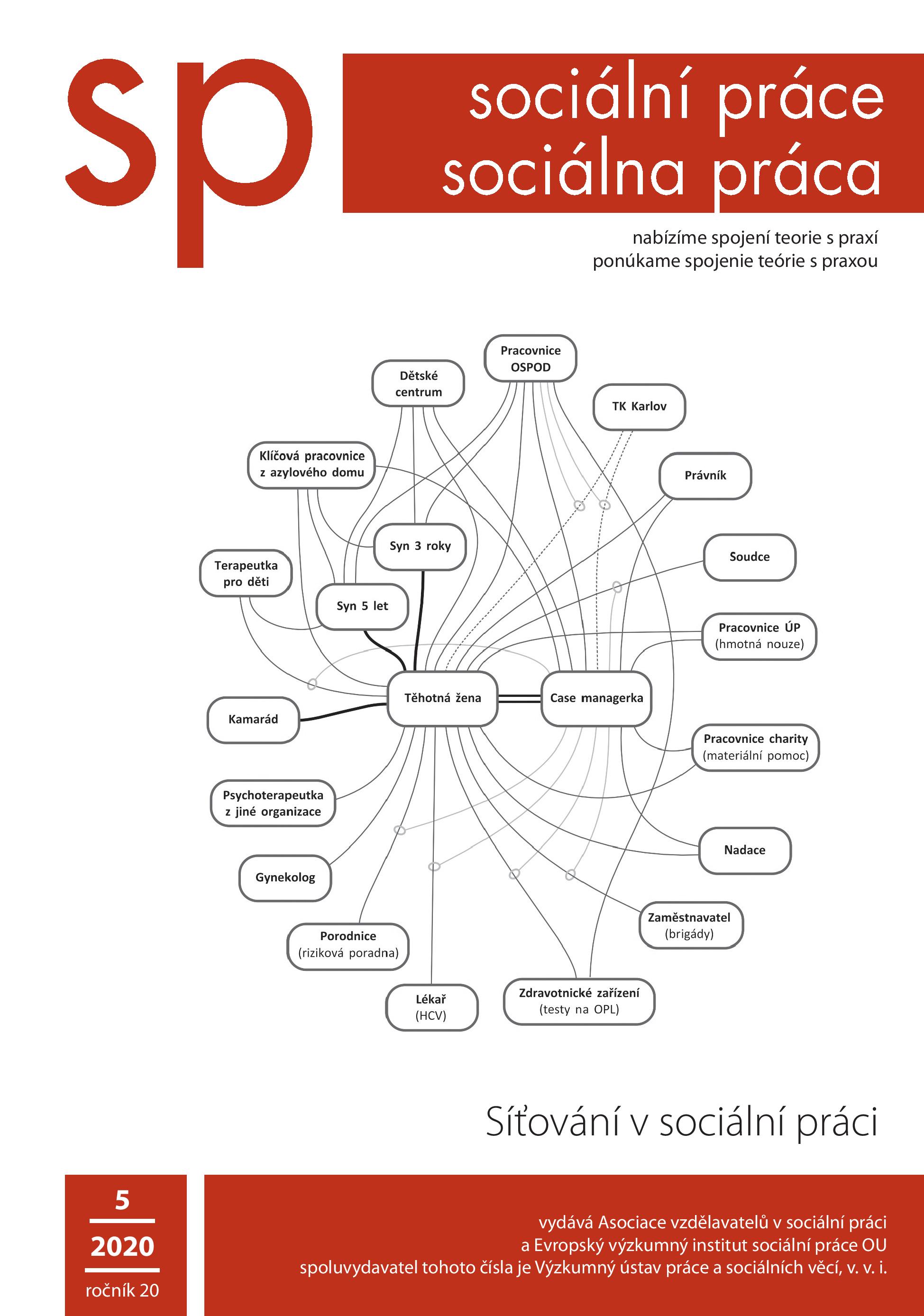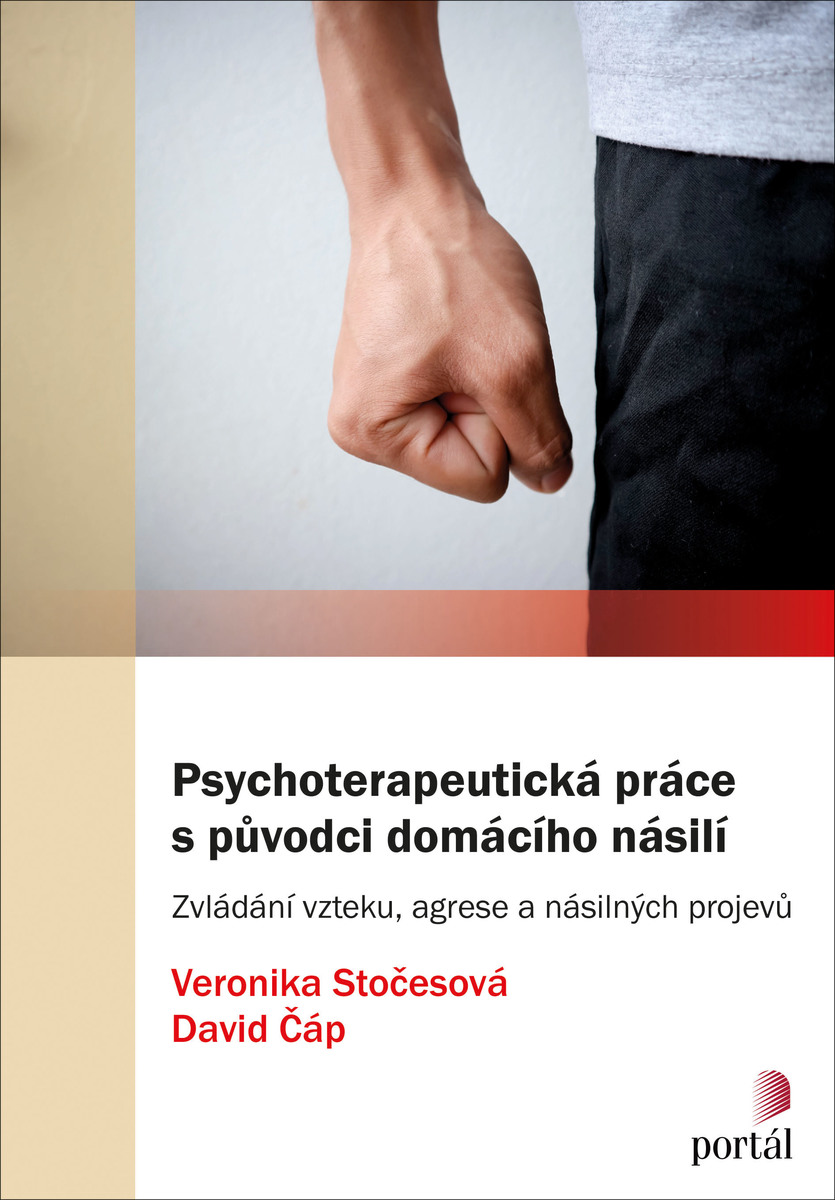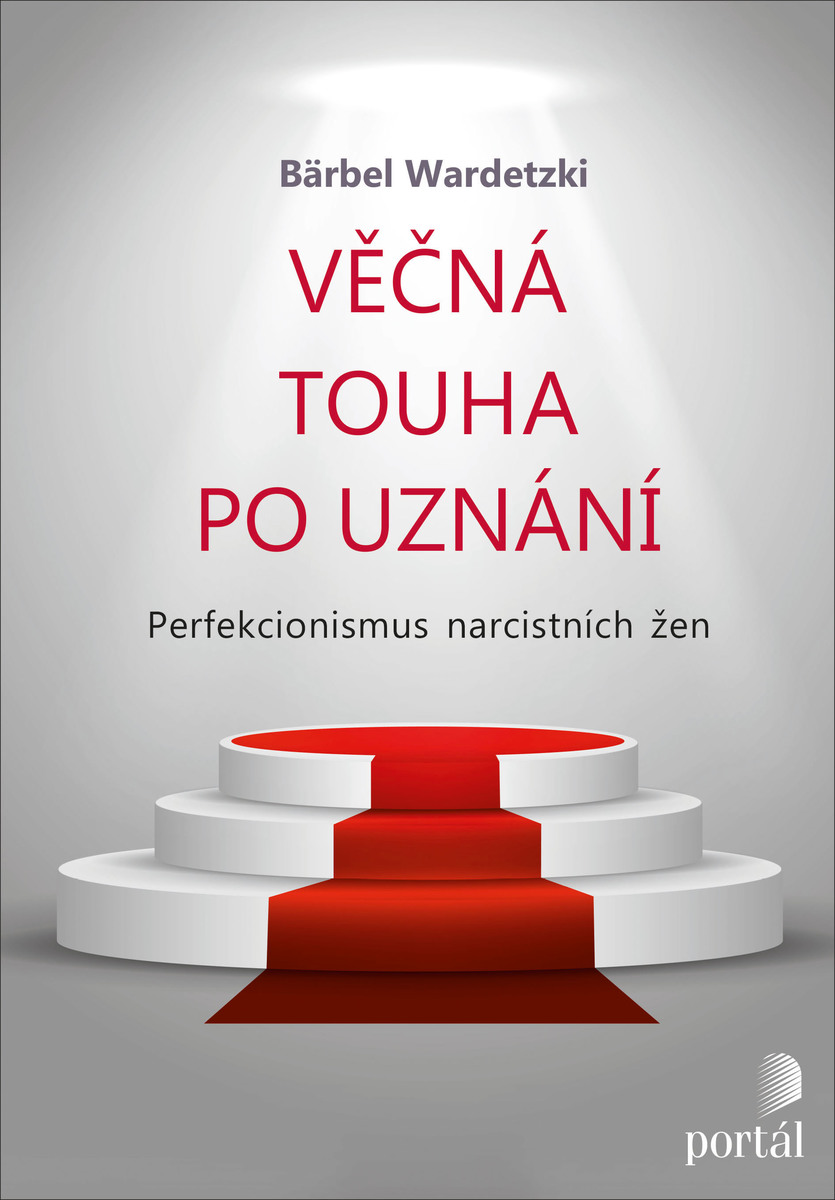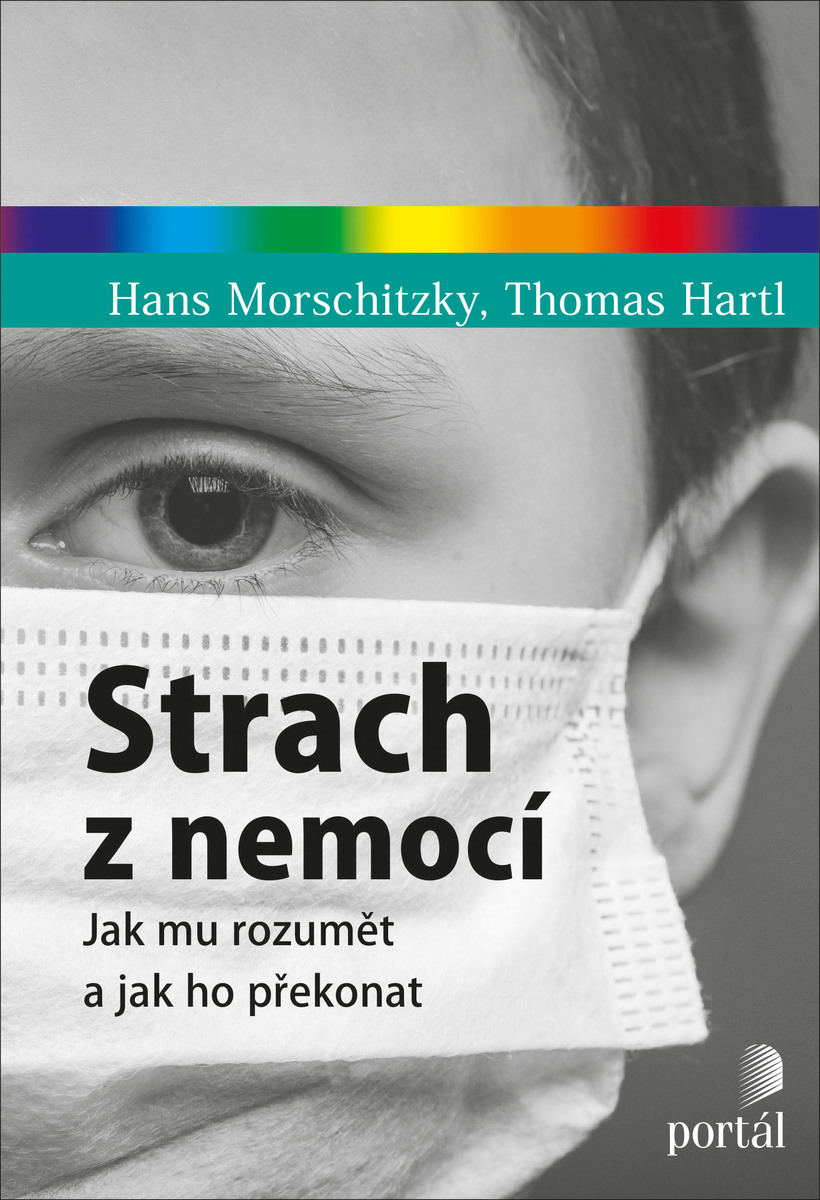
Z redakce
Nové předplatné pro rok 2021 Zemřel doc. PhDr. Pavel Hartl Advent plný dárků a překvapení YouTube kanál časopisu Sekce „Koronavirus v sociální práci“ opět spuštěna Vyšlo číslo 5/2020 „Síťování v sociální práci“
Přednášky on-line

Volná místa
Sociální pracovník (Moravská Třebová) Sociální pracovník / pracovnice (Nymburk) Vedoucí odd. kurátorů pro mládež (Praha) Kontaktní pracovník / pracovnice (Pardubice) Sociální pracovník (Hřebeč – Kladno) Odborný sociální pracovník (Liberec)
Čísla
Archiv čísel » 2018/1 - ERIS Journal - Winter 2018 »
Implementation of Community Work in a Socially Excluded Locality as Viewed by Its Participants
Zuzana Stanková, Alice Gojová
Medailon autora:
Zuzana Stanková completed her master’s studies in the field of social work at the Faculty of Social Studies, University of Ostrava. Currently she is a PhD student in the same field (ibid.). Her research focus is a situational analysis of the sources of help to the residents of socially excluded localities in the Moravian-Silesian Region. Since 2014 she has been involved in community work as part of the Moravian-Silesian Region project.
Alice Gojová is an Associate Professor in Social Work at the Faculty of Social Studies of the University of Ostrava. In teaching and research, she is involved in community social work and social work with the family. She regularly publishes in Czech and foreign literature.
Abstrakt:
OBJECTIVES: This paper deals with the problem of spatial exclusion and presents a community work as a method used in social work that increases participants’ capacity to improve their lives and facilitate social change for the benefit of disadvantaged groups. The objective of the qualitative research was to understand how individual actors of community work interpret the implementation of method. THEORETICAL BASE: The theoretical basis for research is social constructivism and an interpretative paradigm. METHODS: A qualitative research strategy was chosen to answer the main research question. The research method used was a case study and used the following techniques to obtain data: focused interview, meetings from the discussions about community work, and a published article of community workers. Data analysis was performed by analytically open coding. OUTCOMES: The research has brought several themes to light that deserve more attention. One of them is the fact that community work clients are understood as empowered during the process which brings situations interpreted as risks. SOCIAL WORK IMPLICATIONS: Conclusion of the article brings contemporary discussion perspectives of actors, especially representatives of self-government and residents over the method of community work, which can serve as a preparation for further implication of this method in socially excluded localities.
Klíčová slova:
community work, socially excluded locality, case study
s. 19 - 35
Podobné články
 The Practice of Social Work in Health Care in the Czech Republic: How to Identify Understanding the Practice of Social Work in Health Care through Research?
The Practice of Social Work in Health Care in the Czech Republic: How to Identify Understanding the Practice of Social Work in Health Care through Research? “Participation in Deportations – Red Line for Social Work?” Learning to ‘walk the talk’ on Social Work as a Human Rights Profession
“Participation in Deportations – Red Line for Social Work?” Learning to ‘walk the talk’ on Social Work as a Human Rights Profession The Potential of Civil Society - an Opportunity for Social Work
The Potential of Civil Society - an Opportunity for Social Work Empowering Community Work in Elastic-Reflexive Transformation – A Nordic Perspective from Sweden
Empowering Community Work in Elastic-Reflexive Transformation – A Nordic Perspective from Sweden Case management: aktivní zapojení klienta i pracovníka do spolupráce
Case management: aktivní zapojení klienta i pracovníka do spolupráce

Vyhledávání

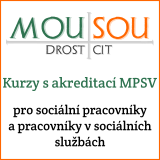

Debata
Co si myslíte o novém koaličním návrhu na zálohované výživné?
Poslední komentáře:
Nenalezen žádný komentář.Ediční plán
6/2020 – Evaluace v sociální práci 1/2021 – ERIS Journal - Winter 2021 - Forced Migration and Minority Groups 2/2021 – Raná péče a sociální práce 3/2021 – Metody sociální práce 4/2021 – ERIS Journal - Summer 2021 - Histories of social work





